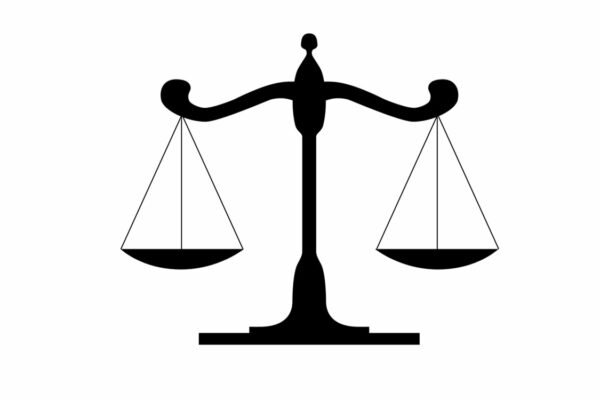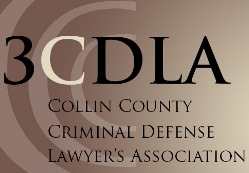What is prosecutorial misconduct and how does it or might if affect my criminal case or the case of a loved one? Are there consequences if the prosecutor in my case misbehaves? Is there any remedy?
Prosecutors have huge and often unfettered power. Prosecutors are responsible for the testimony of the law enforcement officers who investigate criminal cases. Most people see cops and prosecutors as “the good guys,” putting criminals in prison, often on death row. Jurors tend to believe prosecutors when they proclaim someone’s guilt. Most people do not believe that prosecutors can and often do exaggerate facts, withhold evidence or model facts to fit their theory of a case.
Yet many studies have shown that when the stakes are the highest, when a trial involves a possible death sentence, prosecutors are prone to misconduct. For example, according the the Arizona Republic News Paper, in half of all capital cases in Arizona since 2002, prosecutorial misconduct was alleged by appellate attorneys. In some cases the misconduct was minor, presenting overly emotional pleas to the jury; In some cases flagrant, encouraging purjury and hiding exculpatory evidence.
And yet, in spite of these alarming numbers, the highest court in Arizona, like other courts throughout the land, were slow to overturn convictions and almost never sanctioned the prosecutors. There are seldom consequences for prosecutors, regardless of whether the miscarriage of justice occurred because of ineptness or misconduct.
And what of the cases that don’t proceed to trial. 97% of cases are resolved without a trial. This means the prosecutors’ decisions on what to offer, what evidence to disclose and how the plea negotiations are conducted is even more important than those cases that do proceed to trial. The Texas Penal Code defines the prosecutors job as to “insure justice is served,” not to win and not to hide the ball. This obligation is embodied in the Supreme Court’s 1963 holding in Brady v. Maryland, which required prosecutors to provide the defense with any exculpatory evidence that could materially affect a verdict or sentence.
Far too often, sadly, prosecutors fail to fulfill this constitutional duty and neither the system nor the courts seem willing to hold them accountable. In a stinging indictment of this systemic failure, Chief Judge Alex Kozinski of the United States Court of Appeals for the Ninth Circuit stated, “There is an epidemic of Brady Violations abroad in the land……and only judges can put a stop to it.”
In the case before that court the prosecutors failed to disclose that the chief scientist, whose lab tests were critical to the case, was “incompetent and committed gross misconduct.”
Seems clear. However the federal appeals court panel ruled that the overall evidence of the defendant’s guilt was so overwhelming that the failure to disclose the scientist’s firing and incompetence would not have changed the outcome of the trial.
The courts are erroneously and unconstitutionally ignoring obvious Brady violations time and time again arguing that in these cases “it is possible the defendant would have been convicted anyway,” according to Judge Kozinski, thus creating a “serious moral hazard.”
Couple this with the statistics which show that prosecutors are virtually never prosecuted for misconduct. According to the Center for Prosecutor Integrity, multiple studies over the past 50 years show that the courts punished prosecutorial misconduct in less than 2% of cases where it occurred. And the punishment was rarely more than a slap on the wrist, such as making the prosecutor pay for the cost of the disciplinary hearing. When The National Registry of Exonerations states that 43% of wrongful convictions are the result of official misconduct, it is easy to see that something doesn’t add up.
Part of the problem is that the duty to disclose “Brady materials” falls on the party charged with seeking a conviction and whom often believe in the guilt of the defendant. For this reason, the state and federal prosecutors have little incentive, other than moral and legal obligation, to turn over a single, often insignificant in their perspective, piece of evidence. One piece of exculpatory evidence may seem worthless in a mountain of evidence which demonstrates guilt, in the prosecutor’s mind. Couple this with the fact that there are almost NEVER consequences for failing to disclose exculpatory evidence, and the likelihood of a breach of the duty is all the more common.
As Judge Kozinski wrote, fighting prosecutorial misconduct is not only about protecting the innocent, but also about preserving “the public’s trust in our justice system.”
Without consequences to punish those who violate this sacred duty, whether a person is convicted or acquitted rests more on the shoulder’s of the prosecutor’s opinion than on the jury’s verdict.
Katheryn Haywood for DWFCrimes.com
[button style=”” url=”/contact-my-office/” size=”5″ block=”false” target=”_self”] Sign Up for a Free Consultation [/button]











